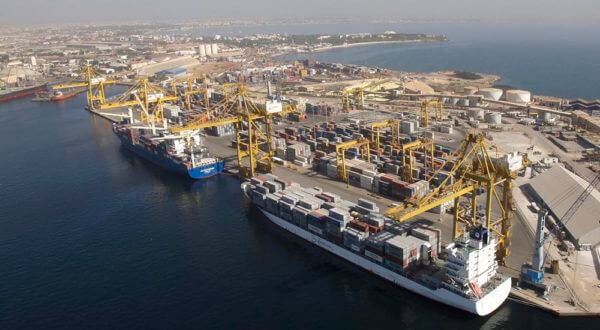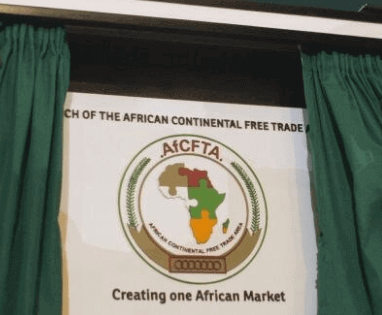Le bénéfice de 6 milliards de Franc CFA du Port Autonome de Dakar annoncé sur 2018 s’inscrit en trompe-l’oeil tant il est loin des performances de 2010 quand la plateforme dégageait 23 milliards de Franc CFA. Autant dire que, sous le magistère de Aboubacar Sédikh Bèye, le PAD, doté de bonnes intentions et d’un plan stratégique 2019-2023 axé sur le désencombrement, semble certes revenir au dessus de la ligne de flottaison. Mais l’on est loin de l’âge d’or des années 2000-2010 pour cette vieille plateforme datant de 1867 et évoluant désormais à bonne distance derrière Lomé, Lagos, Tema, et Abidjan. Assurant actuellement 65% du trafic à destination du Mali, Dakar doit surveiller de près la concurrence (Abidjan) qui convoite cette manne. Le trafic du Mali qui représente 17 à 18% du volume du trafic du PAD pâtit de l’arrêt de la ligne ferroviaire entre Dakar et Bamako. “Il y a cinq ans, 75% de ce trafic partait par le train. Aujourd’hui, c’est 0%”, déplorait le Directeur du PAD, en juin 2018, lors du lancement de son plan stratégique. Le trafic vers le Mali passe désormais par la route, ce qui occasionne des coûts d’entretien routiers évalués à 55 milliards de Franc CFA par an selon le ministère sénégalais des Infrastructures. L’avantage comparatif du port de Dakar dépend aussi des infrastructures portuaires. Les travaux d’extension du «Môle 3» devront permettre de rattraper le retard accumulé. Cette plateforme datant de 1939 a entamé sa cure de jouvence en juillet 2019 grâce à...
Les ports d’Afrique en concurrence
Posted on: January 14, 2020
Posted on: January 14, 2020





















